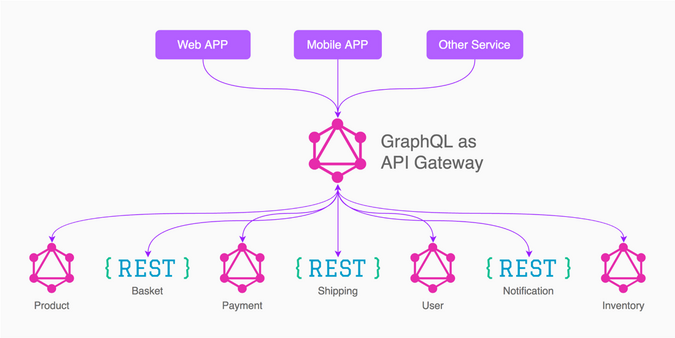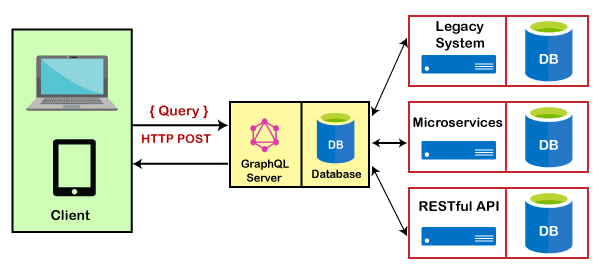Roads & PavementRoads & Pavement
Barefoot
Minimal
Low
Medium
High
Maximal
All around running shoes offer comfort and cushioning for daily runs, jogs, walks, and long mileage. They offer enough versatility for both faster and slower runs and are a great option for those who want one running shoe to do it all.
Fast run or uptempo running shoes are lightweight and responsive. They offer streamlined designs that have minimal uppers and offer a high level of energy return. These shoes are a great option for faster runs in the week or those looking for a livelier experience.
Max Cushion shoes offer premium cushioning with ample ground protection and a stable ride. These types of shoes provide abundant impact protection that softens landings while running at any pace or distance. These types of shoes are best for slower recovery runs and easy days where comfort takes priority.
Racing shoes are designed with optimal performance in mind. These types of shoes have snug-fitting uppers, energetic midsole foams, and features implemented for maximum efficiency. These types of shoes are best for runners looking to gain the ultimate advantage in races but may sacrifice some durability and comfort.
Gym Workout shoes offer a stable and versatile ride. They have a firmer underfoot feeling that provides stability for lateral movements with comfortable uppers. These types of shoes are best for trips to the gyms, cross training, casual wear, and light running. GitHub graphql java graphql java GraphQL Java implementation
Road running shoes feature smooth outsoles that are designed for running on paved surfaces such as roads, sidewalks, and bike paths.
Designed to handle most trail runs, these shoes prioritize comfort and a smooth ride. These shoes are great for anything from smooth singletrack, park trails, and fireroads making them ideal for those who run from their doorstep on streets before hitting the trail.
These shoes are best used for hard, rugged trails such as shale, granite or sandstone where grip on smooth surfaces and underfoot protection are important.
Designed for use in muddy, soggy conditions, these shoes feature very aggressive outsoles that dig deep into soft ground for exceptional traction.
These shoes feature technical outsoles designed to grip snowy and icy trails making them ideal for winter trail running.
Cushioning level, or stack height, refers to how much shoe is between your foot and the ground. For this category, we reference the amount of cushioning below the forefoot as the heel height will be equal to or greater than the forefoot height.
GraphQL Core Features Architecture Pros and Cons
0-13mm. The Shoe generally does not have a midsole and feels like there is no cushioning. This shoe is all about feeling the ground underfoot.
14-18mm. The shoe has a thin midsole that allows for a natural running experience. Racing shoes and minimalist shoes are common here. These shoes offer a feeling of being connected to the road or trail.
19-23mm. The shoe has a slightly cushioned feel and may feature added cushioning technologies. Performance training shoes and some trail shoes are common here. These offer protection during footstrike but prioritize a lightweight, grounded experience.
24-28mm. These shoes have a stack height that fall near the middle of the spectrum.The shoes in this category are verstaile and great for all types of runs and distances.
29-34mm. The shoe has a thick midsole and ample cushioning. These shoes are highly protective and absorb more impact than the body.
35mm plus. The shoe has an extremely thick midsole and extra cushioning. The focus is on protection and soft foam underfoot with hardly any ground feel.
Neutral shoes support the foot through a normal range of arch collapse and generally do not have a built-in technology to correct movement.
Stability shoes are a great option for those who overpronate or need added support. These shoes help to limit the inward rolling motion of the ankle while running or walking and assist in guiding the foot straight through the gait cycle. Use GraphQL as an API gateway to monitor microservices
Product Details:
Building GraphQL Gateway With Springboot Framework by Joaqu n shop, The Road to GraphQL At Enterprise Scale DEV Community shop, GraphQL Core Features Architecture Pros and Cons shop, What to consider when modernizing APIs with GraphQL on AWS AWS shop, Build a Java Web Application Using GraphQL API and Spring Boot shop, GraphQL API for your interface b nova shop, How to Create a GraphQL API with Scala and Sangria SysGears shop, How to build a GraphQL API A step by step guide shop, GraphQL A Detailed example with Java Spring Boot and Apollo shop, GraphQL Architecture javatpoint shop, Neo4j and GraphQL Developer Guides shop, GraphQL with Java Build APIs Your Frontend Will Love SEO shop, Nuxt Meets Java Crafting a Seamless GraphQL API Connection YouTube shop, What is GraphQL Testing How To Test GraphQL APIs shop, Developing GraphQL API on ABAP The Inspiration SAP Community shop, Turn your Java REST API to GraphQL using Hasura Actions shop, Getting Started with Camunda Platform 8 s GraphQL API Camunda shop, GraphQL Architecture javatpoint shop, GraphQL API Test Automation using Karate Framework shop, Use GraphQL as an API gateway to monitor microservices shop, GraphQL Core Features Architecture Pros and Cons shop, GitHub graphql java graphql java GraphQL Java implementation shop, How to Create a GraphQL API with Scala and Sangria SysGears shop, Building a GraphQL API with Java and AWS Lambda Front End Web shop, Building a GraphQL API with Spring Boot Spring with GraphQL shop, Implementing a GraphQL microservice using MicroProfile API to shop, GraphQL with Java. Another synchronization method is by Ibrahim shop, GraphQL based solution architecture patterns by Chanaka Fernando shop, Building GraphQL APIs with Java Nils Hartmann EN shop, spring boot How to handle DTOs definition between different shop, GraphQL vs REST Everything You Need To Know shop, GraphQL Wikipedia shop, Building a GraphQL API with Java and AWS Lambda Front End Web shop, How to Build a GraphQL API with Spring Boot shop, How to GraphQL in Java Okta Developer shop, Javarevisited Difference between REST and GraphQL API with Example shop, GitHub graphqlize graphqlize java A Java library for developing shop, Question Building GraphQL microservices and querying it from shop, How to GraphQL in Kotlin and Micronaut and create a single shop, HOW GRAPHQL WORKS IN JAVA SPRING BOOT by Rukmal Senavirathne shop, Getting started with Spring Boot GraphQL service Techdozo shop, How to get your GraphQL Java server up and running in no time shop, Getting started with GraphQL Java Harshad Ranganathan shop, GraphQL is an alternative to REST by Krushna Dash Medium shop, How to use GraphQL with Spring Boot by Dineshchandgr A Top shop, GraphQL Server with Java Backend Tutorial shop, Getting Started Building a GraphQL service shop, GraphQL Server with Java Backend Tutorial shop, Consuming GraphQL APIs from Java applications Vaadin shop, How to GraphQL in Java Okta Developer shop, Product Info:
Graphql api java shop.
- Increased inherent stability
- Smooth transitions
- All day comfort
Model Number: SKU#7261027




